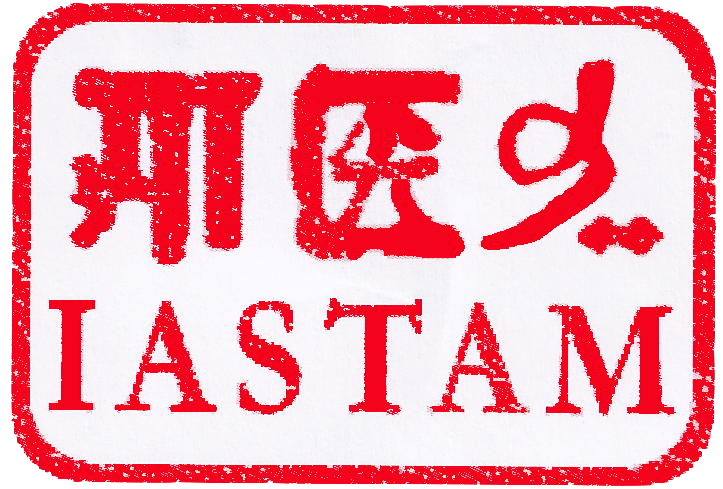Introduction: Prof. Dr. Angelika C. Messner (IASTAM President, Kiel University)
Moderator: Dr Ronit Yoeli-Tlalim (Goldsmiths, University of London)
Historical Contours of the Medieval Afro-Eurasian Disease Landscape: New Findings from Genetics and Medical History
Prof. Monica H. Green (Independent scholar)
Recent developments in genetics have given a new resolution to long-standing questions about the origins and dissemination histories of the world’s major infectious diseases. This brief presentation will summarize what is now known about seven diseases that originated in Afro-Eurasia: plague, leprosy, tuberculosis, smallpox, measles, and the treponemal diseases, syphilis and yaws. The increasing resolution of these disease narratives provides a basis for assessing not only when and how Asia was affected by them, but also how medical responses may have developed at both local and transcontinental levels.
Some Moments in the Encounter between Chinese Medicine and Covid-19
Prof. Volker Scheid (Practitioner and historian, London)
Before eventually some stable narrative will emerge about what Covid-19 is and does I will present some disparate moments in the encounter between Chinese medicine and this as yet only partially understood entity. My focus will be on the choices that various actors make in this encounter, ranging from the liberal press in the West to Chinese medicine practitioners and patients in China and the West. In these encounters Covid-19 is invariably constructed as a threat as well as an opportunity in struggles over ideology and status as much as health and sheer physical survival.
Sick Societies and the Flow of Life
Prof. A. David Napier (UCL Anthropology Dept., London)
In the early 1980s I conducted fieldwork on ritual healing in Indonesia. The timing coincided with the then-emerging HIV/AIDS pandemic. Though the pandemic proved devastating globally, it was often understood at local levels in ways at odds with global narratives about mortality and morbidity. In particular, indigenous views of human agency in the face of biological threat alerted me to other ways of understanding viral diseases as invasive—especially in Bali, where the presence of potentially infectious foreigners was, and yet remains, ubiquitous and unavoidable. These lessons apply equally today in the face of Covid-19.
